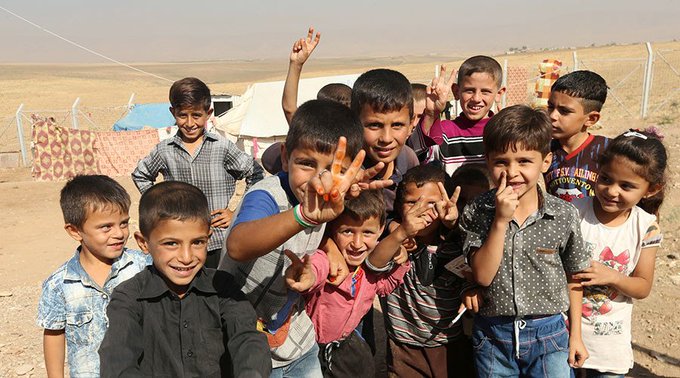RIYADH: Yemeni rebels have launched one of their longest-range strikes against Saudi Arabia, firing a ballistic missile that was shot down near Makkah, the Saudi-led coalition fighting them said on Friday.
 But the rebels insisted that the missile had targeted Jeddah, the Red Sea city in the region, and not Makkah.
But the rebels insisted that the missile had targeted Jeddah, the Red Sea city in the region, and not Makkah.
The coalition has been carrying out a bombing campaign against the rebels since March last year and there have been rebel strikes towards the bases from which the coalition mounts air raids.
Saudi Arabia has deployed Patriot missiles to intercept the rebel fire.
Houthi rebels launched the missile “towards the Makkah area” on Thursday evening from their Saada province stronghold just across the border, a coalition statement said.
“The air defence was able to intercept and destroyed it about 65km from Makkah without any damage.”
The rebels’ sabanews website said their ballistic missile targeted the international airport in Jeddah.
The six-nation Gulf Cooperation Council condemned the attack which it described as “clear evidence” that the rebels are not willing to accept a political solution to Yemen’s 19-month-old conflict.
United Arab Emirates Foreign Minister Sheikh Abdullah bin Zayed al Nahyan went further, criticising Iran for the attack.
“The Iranian regime backs a terrorist group that fires its rockets on Mecca... Is this an Islamic regime as it claims to be?” he wrote on Twitter.
Qatar called the attack “a provocation to the feelings of millions of Muslims worldwide”.
All GCC states, apart from Oman, are members of the Saudi-led coalition.
The UAE itself is a major pillar of the Sunni alliance.
The coalition as well as the United States accuse Iran of arming the rebels, a charge denied by Tehran.
The Houthi rebels are a minority group that has fought six wars against Yemen’s government between 2004 and 2010.
In a statement on sabanews.net, Houthi spokesman Mohammed Abdulsalam accused Saudi Arabia of “political nonsense”.
“The Saudi regime which claims it intercepted the missile 65 kilometres away from Makkah which is holy and precious to the hearts of every Yemeni and Muslim could have avoided such media platitude and political nonsense by directly mentioning the city of Jeddah where a military target for the ‘Burkan 1’ missile lies on its northern outskirts,” said Mr Abdulsalam.
“Hiding behind holy sites is... a repugnant attempt to instigate the feelings of Muslims,” he said.
Unless the coalition ends its “aggression, lifts the blockade, and seeks peace”, the rebels “have the right to confront the aggressors in all legitimate and rightful means,” he added.
Second long-range strike Makkah lies more than 500km from the border.
It is the second time this month that the rebels have fired a missile of that range. On Oct 9, the coalition said it had intercepted a missile near Taif, the site of a Saudi airbase some 65km from Makkah.
That launch came a day after a coalition air strike killed more than 140 people attending a mourning gathering for the father of a rebel leader in the Yemeni capital Sanaa, prompting threats of revenge.
In a separate incident on Thursday, rebel fire hit a two-storey residential building in the Saudi border district of Jazan without causing casualties, the civil defence agency said.
The coalition has been fighting the Houthi rebels and forces loyal to former president Ali Abdullah Saleh, who control much of the north of Yemen, including Sanaa, since March 2015 to try to restore the internationally recognised president Abd-Rabbu Mansour Hadi, now in exile.



















